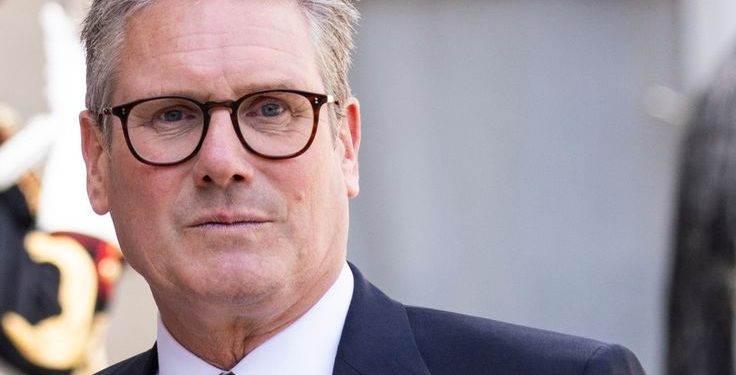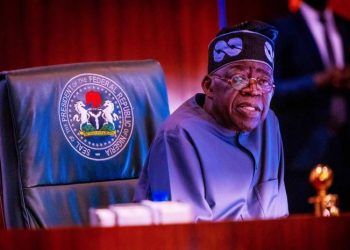The United Kingdom has officially transferred sovereignty of the Chagos Archipelago to Mauritius, concluding decades of legal disputes and international pressure. The agreement, signed on May 22, 2025, allows the UK to lease back the strategically vital Diego Garcia military base for 99 years at an annual cost of £101 million, totaling £3.4 billion over the lease period.
Historical Context
The Chagos Archipelago, located in the Indian Ocean, has been under British control since 1814. In 1965, the UK separated the islands from Mauritius, three years prior to granting Mauritius independence. Subsequently, between 1967 and 1973, approximately 2,000 Chagossians were forcibly removed to facilitate the construction of a US military base on Diego Garcia.
In 2019, the International Court of Justice (ICJ) issued an advisory opinion stating that the UK’s continued administration of the Chagos Islands was unlawful and that the archipelago should be returned to Mauritius “as rapidly as possible.” The United Nations General Assembly subsequently passed a resolution affirming the ICJ’s opinion.
The 2025 Agreement
The recent agreement entails the UK’s recognition of Mauritian sovereignty over the Chagos Islands, excluding Diego Garcia, which will remain under British control through a 99-year lease. The UK will pay Mauritius £101 million annually for the lease, amounting to £3.4 billion over the lease term. Additionally, a £40 million trust fund will be established for the benefit of displaced Chagossians.
Prime Minister Keir Starmer defended the deal, stating that it was “absolutely vital for our defence and intelligence, and therefore, for the safety and security of the British people.” He emphasized that the agreement ensures the continued operation of the Diego Garcia base, a critical asset for UK and US military operations
The agreement has elicited mixed reactions within the UK political landscape.
Keir Starmer’s Perspective
Prime Minister Starmer has portrayed the deal as a strategic necessity, aligning with international legal obligations and securing long-term defence interests. He criticized opponents of the deal, suggesting that their stance aligns with adversarial nations such as Russia, China, and Iran.
Kemi Badenoch’s Criticism
Conservative Party leader Kemi Badenoch has vehemently opposed the agreement, labeling it as “national self-harm.” She expressed concerns over increased vulnerability to Chinese influence and the disregard for the preferences of the Chagossian people. Badenoch also questioned the financial implications of the deal, referring to it as a “multibillion ‘surrender tax.'”
International Response
The international community has largely welcomed the UK’s decision. India, a longstanding supporter of Mauritius’s claim over the Chagos Archipelago, praised the agreement as a step towards decolonization and respect for sovereignty.
The United States, which operates a significant military base on Diego Garcia, has expressed support for the agreement, emphasizing the importance of the base for regional security.
Chagossian Community Concerns
Despite the establishment of a trust fund, many Chagossians remain uncertain about their right to return to the islands. Legal challenges have been filed by Chagossian representatives, citing exclusion from negotiations and potential barriers to resettlement.























































